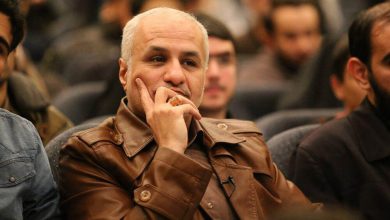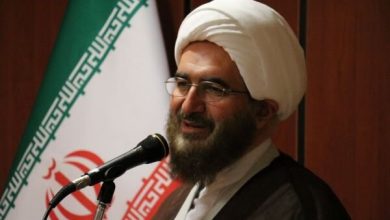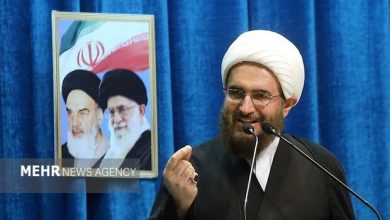
Foreign policy is an area of great expertise. In this context, many people who have positioned themselves to measure revisionist changes in the international architecture have repeatedly encountered things they thought they could avoid, but suddenly found themselves unable to avoid. Once upon a time, Mao Zedong, the exemplary leader of communist China, wanted to introduce a new project in the world community through the Three Worlds Theory. He criticized his ideological relative (the Soviet Union) for its increasingly aggressive approach to foreign relations and accused him of treason. It wasn’t long before he advised the Vietnamese to fight the US Army, saying, “If your broom handle is short, you’ll never be able to clean the cobwebs from the ceiling.” Addressing Vietnamese allies trying to expand their territorial development, he added: “Now Taiwan is far from our broom and Tiu is far from yours.”
Nikita Khrushchev was another ambitious idealist who believed that by knocking on the UN table he could defeat his Western imperial rivals and globalize the socialist system of the former Soviet Union. But he was soon disappointed and gave his place to the realists who considered peaceful coexistence as a way of politics in a thousand worlds. The history of world foreign relations is full of such experiences. It does not matter who emerges as a big player or who is on the periphery of power and they are treated as separate players. Nicolás Maduro may be the last of his kind that Nick has just discovered. Smart peace is better than confrontation in the service of self-preservation against enemies who have demonstrated the existence of Venezuela’s political sovereignty. The timing of the elections is very important for such politicians. Because changes in attitudes during lost time can lead to a reconsideration of obligations that are difficult and harmful to fulfill.
The inability and confusion to understand the ever-changing circumstances of the international community. Resisting changes and adaptations resulting from not knowing the reasons for these changes and paying high costs to insist on old beliefs can lead to an inability to distinguish between strategies and tactics in external relations. The most important point is that “social cohesion” and “national unity” are the two features and prerequisites for a successful foreign policy, which are not given much attention by idealistic public opinion. Their point of view either ignores or downplays the key priorities in this matter. This important issue finally brings them to face shocking truths that may be too late.
A successful foreign policy is not possible alone. A successful foreign policy requires friends and allies, “partners” and “old friends.”
An example of the above claim is the Russian proverb: 100 friends are better than 100 rubles.










